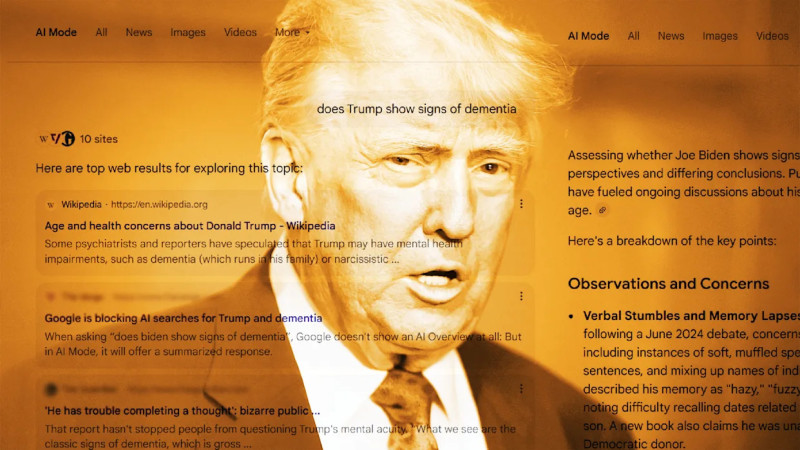Recent accusations against Google for allegedly suppressing searches on President Donald Trump's cognitive health have ignited fresh controversy just weeks into his second term. Users report that queries like "does Trump show signs of dementia" yield no AI-generated results, while similar searches about past leaders like Joe Biden do produce summaries. This disparity, highlighted in multiple reports, comes as Illinois Governor JB Pritzker bluntly stated on October 1 that Trump "has dementia," pointing to erratic public appearances as evidence.
Indeed, concerns about Trump's mental acuity have simmered for years, but they've boiled over in 2025. Experts, including psychologists and speech analysts, have noted patterns in his rallies and interviews that suggest decline. For instance, his average speech length has stretched to 82 minutes from 45 in 2016, yet laced with a 32% uptick in all-or-nothing phrases like "always" or "never." Confabulation—recalling false memories as true—emerges repeatedly, a hallmark psychiatrists link to early dementia stages. One Cornell expert even tied Trump's impromptu DJ stint at a rally last year to accelerating cognitive slips.
Moreover, physical clues add to the unease. Between December 2024 and March 2025, photographers captured unexplained bruises on Trump's hands multiple times, fueling speculation about underlying health issues. His refusal to release detailed medical records since 2015—despite a late August 2024 promise—only amplifies doubts. Rambling press conferences, where thoughts trail off mid-sentence, echo behaviors that drew scrutiny to Biden, yet Trump's, at 79, seem to evade the same rigorous media lens.
However, the White House dismisses these as partisan attacks, insisting Trump's vigor remains unmatched. Still, as his administration navigates early challenges, the question lingers: what does this mean for leadership in an era demanding sharp focus? One can't help but wonder if fuller transparency might quiet the growing whispers.


